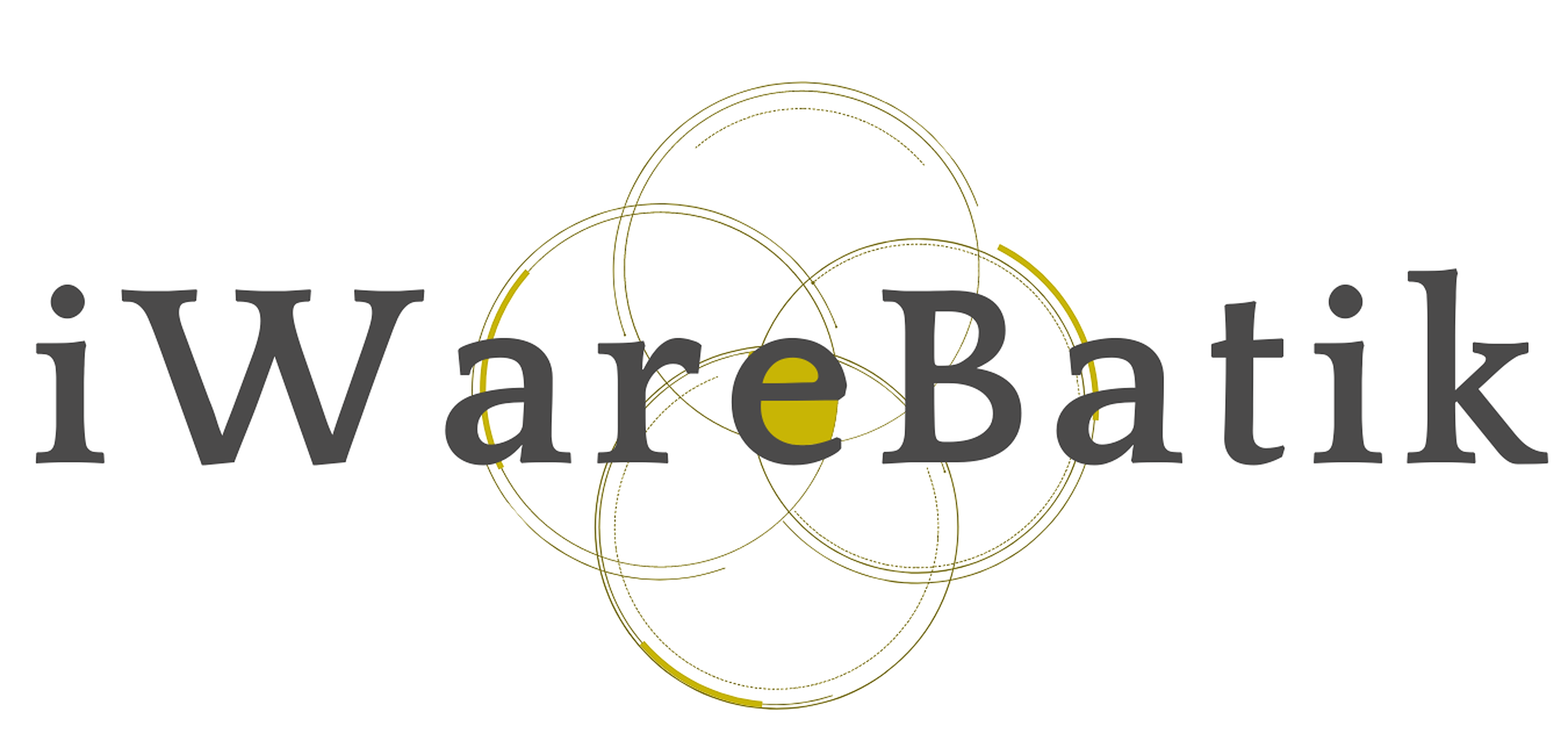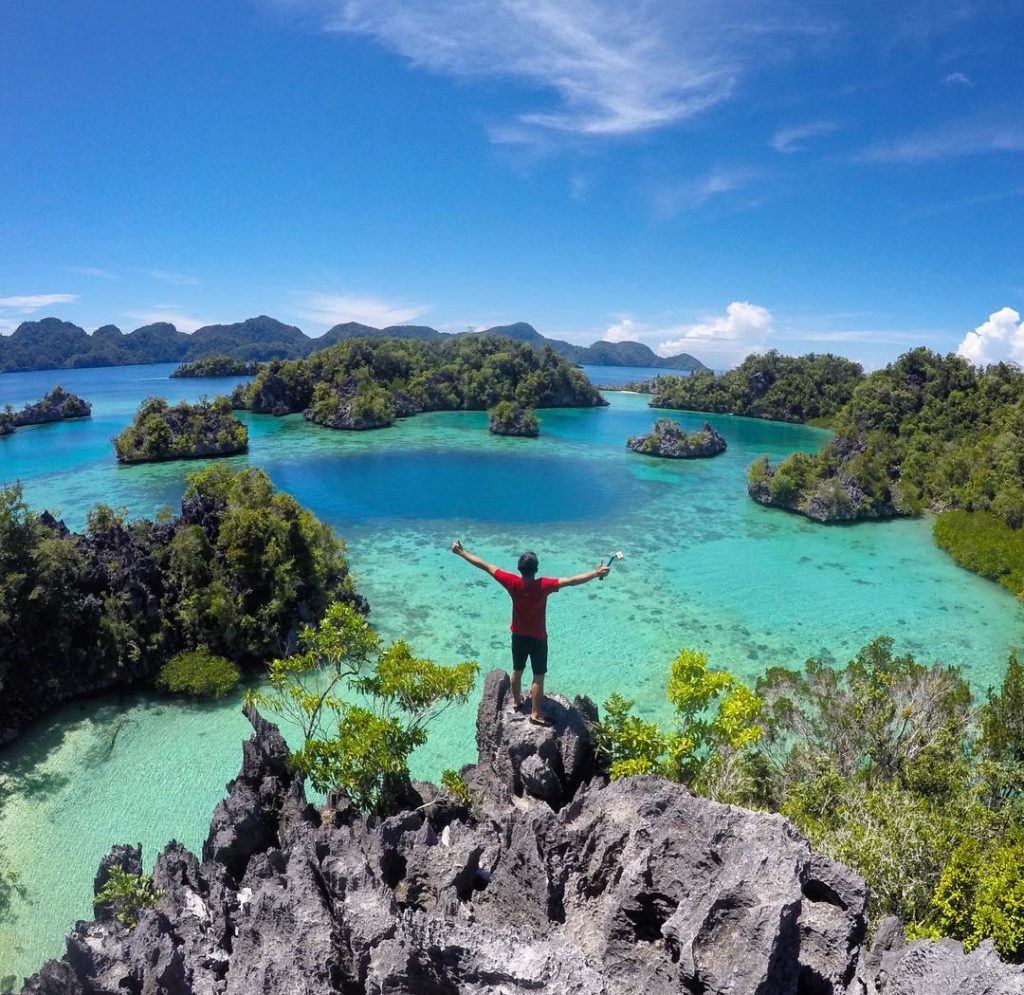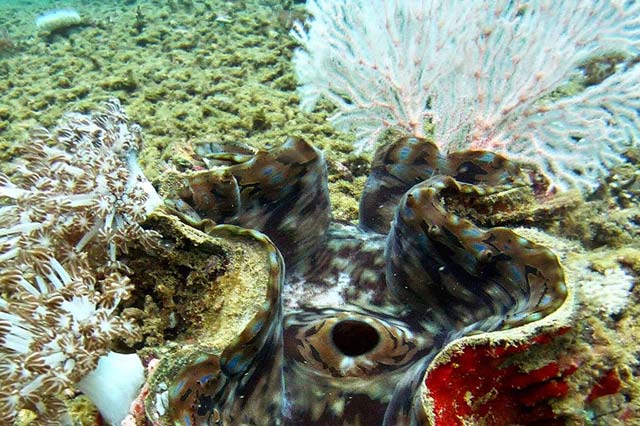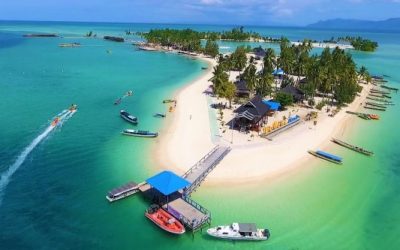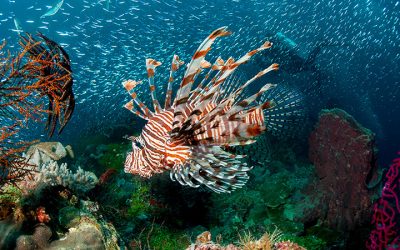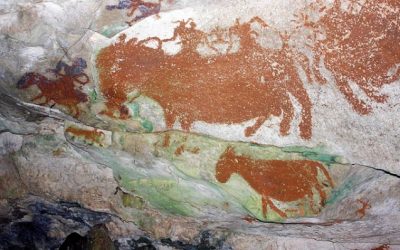Home / Batik Regions – Central Indonesia – Sulawesi Island – Southeast Sulawesi / Labengki Island – Giant Clam Marine Reserve
Natural Destination
Experience the tropical nature!
Labengki Island – Giant Clam Marine Reserve
Labengki Island (Photo: @labengkibeachhut)
Kima Giant Clam (Tridacna gigas) in Labengki ocean (Photo: @Aneka Wisata Nusantara)
Labengki Island – Giant Clam Marine Reserve
No one knows that the second biggest Kima giant clam (Tridacna gigas) with the size of 50 cm can be found in Labengki waters, Southeast Sulawesi. Labengki region is also known as Giant Clam Marine Conservation. You could choose stay whether in local Bajo traditional architecture beach cottage or feel the excitement of camping in a quiet beach. Besides snorkelling activities, fishing at Labengki will not disappoint you. There are many types of fish that you can catch here for example Barracuda, Grouper, Yellow Fin Tuna, Red Snapper, Sailfish, etc. Are you waiting for a great holiday sensation? Come and Discover the natural wonders of Labengki!
Natural Tourism Destination
Labengki Island – Giant Clam Marine Reserve
Tourist Attractions in Southeast Sulawesi
Bajo Coastal Village in Bokori Island
Located not far from Kendari City, this small island with white sand is a-must-visit in
Wakatobi UNESCO Biosphere Marine Reserve
Known as marine paradise, Wakatobi was designated as UNESCO marine biosphere in
Kobori Cave
According to history, the marvelous Megalithic Kobori Cave has existed since 4000 B.C.
Southeast Sulawesi
Batik Motifs
Wakatobi
It symbolizes the coastal beauty of the Wakatobi island and the symbol of Patra symbolizes
Ake Patra
Ake is related to the divinity and the composition of the universe. It is a symbol of
Pati-Pati Pinehiku
It symbolizes the hierarchy in society and the social status of the Mekongga
Discover
Indonesian
Batik
Motifs
Sero Tangga
The Sero Tangga illustrates an endearing feeling and sacrifices of a person to fulfil
Lontara
The Lontara script itself is a typical ancient script of Bugis and Makassar communities. History records that
Keluak Daun Pakis
The word “Keluak” is a Minang language which means twisted or tangled. The Motif of
Besurek Rembulan
This batik illustrates praise for God who created the wonderful universe
Bintik Tujuh
The Bintik Tujuh (Seven Dots) motif has 7 white spots and green color gradation as
Kaganga Tanah Rejang
If Batik Besurek combines Arabic calligraphy motifs, then the Kaganga batik takes
Daun Sirih
This motif illustrates betel leaves that are used by Lombok communities as traditional
Gamolan
This motif illustrates Gamolan, a bamboo musical instrument of Lampung that is
Durian Pecah
Broken Durian motifs depict the foundation of faith. The second half signifies the mastery of
Tengkawang Ampiek
With its many advantages, the Dayaks use this leaf in ritual ceremonies. This plant is a symbol of
Ikan tambal
The word “Ikan” refers to fish. The philosophical meaning of Ikan Tambal means is
Sido Mulyo
Sidomulyo is one of the classical motifs, which is specifically used for the bride’s costume in
Tabir Tanjung
Tanjung flower is a type of Cherry tree flower, which is commonly found in
Tongkonan
Toraja’s traditional house is called Tongkonan. Tongkonan is a place for
Pucuk Rebung Riau
Pucuk Rebung symbolizes heart determination in achieving goals, good luck, and
Merak Ngeram
The hatching peacock motif has a very deep meaning which refers to the sacrifice and
Lipaq Sabe
Lipaq Saqbe contains a simple geometric classical motif with various flower decorations. This textile is
Honai
The Honai is inspired by the traditional house of the Papuan community living in
Bekantan Pakis
This motif represents Pakis Haji (Polystichum setiferum), an endemic plant in
Dayak Taghol
Dayak Taghol has a distinctive style of four curved lines and small dots. This motif represents
Tubo Kelapa
Coconut tree is a symbol of a good character and strong mentality. It illustrates the more success a person, the more
Pala Salawaku
This motif illustrates the unique weapons of the Maluku region, namely
Tampuk Manggis Sasirangan
The motif illustrates the philosophy of the mangosteen fruit, which is
Insang Ikan
Insang refers to the gills of the fish. This is a typical pattern of Malay ethnic who inhabits
Kawung
The Kawung motif was created by Sultan Agung Hanyokrokusumo (1593 – 1645) as a symbolic gift for
Teguh Bersatu
This batik motif shows the strength of the people of Kupang. It also represents a sense of
Desa Na Tolu
The Desa Na Tolu characteristic pattern symbolizes the Batak philosophy of existence and
Lok Baintan Floating Market
As you can imagine, the most authentic thing is that you can buy things and even
Gedhog Kembang Waluh
a combination of Javanese cultural motif of the Majapahit kingdom (XII-XIV century) with
Gorga Simeol-Meol
The Gorga Simeol-meol is a pattern of plant tendrils. it is regarded as a symbol of longevity and
Biji Kopi
The coffee seeds motif illustrates the pride of local coffee specialities in
Karawo Pinang
Pinang refers to the Palm areca tree. This motif is considered as the original
Salakanagara
Salakanagara batik motif illustrates the first kingdom in the Betawi land
Ukir Sentani
The Ukir motif is a batik motif that is inspired by various traditional Sentani wood carvings
Gonggong Beruntun
This motif illustrates that a person should maintain a positive attitude and
Mahkota Siger
Siger is the crown of a noblewoman in ancient time. It is a symbol of femininity, strength, and
Malinau Cultural Festival
You will witness a unique competition that might not be found other than in
Daun Simpor
This motif is inspired by the Simpor plant (Dillenia Suffruticosa) which is a typical
Singayaksa
The Singayaksa motif comes from the name of a place where Sultan Hasanuddin used to
Raja Ampat
Raja Ampat motif represents the marine life at Raja Ampat archipelago in
Taiganja
Taiganja is a precious gold pendant that shows the social status of the Kaili family. It is
Tikar Natuna
The Tikar Natuna motif is adapted from the traditional making of pandanus mats in
Awan Berarak
Awan Berarak is a combination of Dayak motifs and Malay patterns. The word ‘Awan Berarak’ means the
La Galigo
La Galigo is a literary work of the Buginese Epic that has 300 thousand epic lines. It is considered even
Rumah Mamuju
the Batik motif illustrates the house of Mamuju King with the stairs, located on the left of the wooden stage house
Bomba Mawar
This motif means sacred love for family, kingdom, and God; It also illustrates
Gurdo Solo
Gurdo or garuda bird is the mount of the Indian god Vishnu. As the Sun Bird,
Ake Patra
Ake is related to the divinity and the composition of the universe. It is a symbol of
Burung Bidadari
Bidadari birds are endemic birds in Halmahera. This motif represents an
Srimanganti
The name of the Srimanganti motif is derived from Palace’s hallway that connects to
Gumin Tambun
Based on Hindu mythology, this motif symbolizes lucks, abundant wealth, and
Hiu Taliyasan
Indonesia is also home to the world’s largest fish, the whale shark (Rhincodon typus). Hiu Taliyasan refers to
Manguni Minahasa
Manguni is identified as the symbol of the Minahasa people. Manguni is known as a
Gentala Arasy
Built as high as 80 meters, the tower also highlights the historical side of
Kaharingan
The Kaharingan or ‘tree of life’ based on the Dayak tribes’ belief system. This tree symbolizes
Tifa Totobuang
The batik motifs illustrate Maluku’s traditional music instrument called
Pattimura
Pattimura is the name of an Indonesian hero who fought against colonialism in
Paqbarre Allo
The word “Barre” means round and “Allo” means the sunlight. This motif is interpreted as
Cengkeh
The clove flower motif is the main commodity of the Tolitoli Regency. This motif represents
Parang Rusak
Another meaning behind this motif is an unconquerable spirit, symbolized by
Kuda Kupang
Horses symbolize wealth. It contains noble values of virtuous characters that bring
Wakatobi
It symbolizes the coastal beauty of the Wakatobi island and the symbol of Patra symbolizes
Pohon Hayat (Tree of Life)
The Batik motifs in Lampung are dominated by the acculturation of Buddhist and
Prada Papua
The word “Prada” in the Javanese-Indonesian dialect means a batik textile that
Tenun Bima
The motifs are adopted from Bima woven textile. This pattern has received a great
Parang Seling
Parang Seling or “alternating daggers” is a royal batik motif. It is a feminine variant of
Kerawang Tegak Aceh
The Vertical Upright (Kerawang Tegak) Motif symbolizes a person who has a strong
Tangerang Herang
Tangerang Herang motif is a symbol of Tangerang city. The Tangerang Herang batik motif consists of
Besurek Rafflesia
The term “Basurek” refers to a textile that contains letters or inscriptions
Jumputan Bintang
The word Jumputan means the tie-dye technique, while the word “Bintang” refers to
Tanah Liek
The word “Tanah Liek” refers to clay in Minang language. It is also known as
Sandeq
Sandeq Boat is a symbol of the maritime importance of the West Sulawesi region. The greatness of
Enggang Dayak
Local people beliefs that hornbills are an incarnation of the Commander of the Birds. It has supernatural
Angsa Duo
According to legend, the Angso duo batik motif is a pair of swans that are believed to have led Princess
Wirasat
Wirasat or divine inspiration is a gift from God. This inspiration is symbolized by
